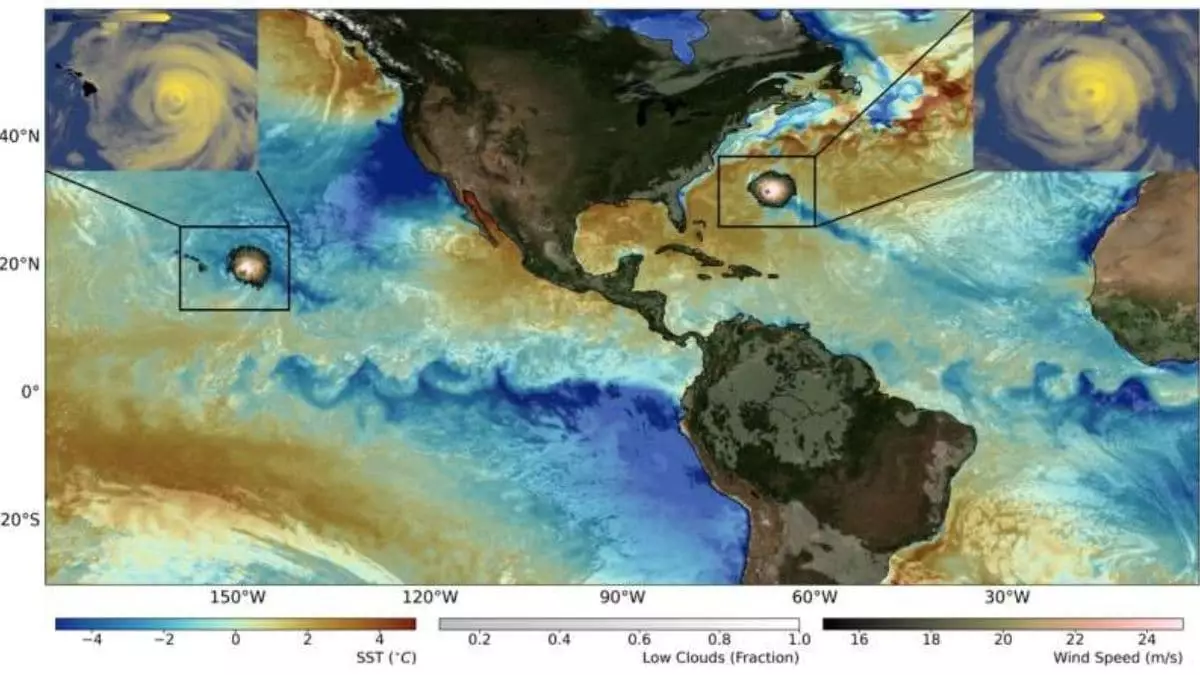While recent advances in climate modeling are often lauded as monumental, it’s crucial to scrutinize their implications with a critical lens. These high-resolution simulations, though impressive, risk giving a false sense of mastery over an inherently unpredictable system. The detailed forecasts reveal potential regional calamities—more intense storms, rising Arctic temperatures, and accelerated melting—but do they truly empower us to prevent or mitigate these disasters? Or do they merely document a crisis that’s already escalating beyond our control? There is an unsettling tendency to romanticize technological progress as a solution without confronting the deeper structural failures that perpetuate climate chaos. As we develop ever-finer models, we must recognize that such precision does little to address the core issues: overconsumption, fossil fuel dependency, and political inaction.
Localized Climate Predictions: A Double-Edged Sword
The introduction of hyper-detailed forecasts, featuring regional patterns and oceanic eddies, arguably offers a tool for better adaptation. Yet, this sophistication exposes a fundamental disparity: vulnerable communities—on small islands and mountainous terrains—are still woefully unprepared for the accelerated impacts predicted. By emphasizing predictive accuracy, policymakers and corporations might justify continued exploitation of natural resources, cloaked under the guise of “scientific preparedness.” Instead of fostering truly transformative change, these projections risk becoming an academic exercise divorced from social realities. We tend to overlook that climate data alone cannot foster resilience without corresponding investments in infrastructure, social equity, and political will. The danger lies in assuming that better forecasts naturally translate into better outcomes when, in reality, they often deepen disparities and delay urgent action.
The Myth of Control and the Need for Bold Rebellion
The scientific community’s creation of interactive tools and detailed climate maps is commendable but intrinsically limited. No matter how precise the models become, the overarching truth remains: human civilization is profoundly ill-equipped to handle the magnitude of the crisis we face. The optimism surrounding these advancements obscures the reality that the ecological threshold has already been crossed in many regions. To persist with business-as-usual policies under the guise of “scientific progress” is to abdicate moral responsibility. True change demands a revolutionary spirit—demanding systemic overhaul, bold policy shifts, and cultural introspection. Instead of passively relying on supercomputers to predict disasters, we must empower communities to defy the destructive forces at play, challenge corporate greed, and redefine our relationship with nature. Only through such pioneering rebellion can we hope to steer away from the precipice of ecological catastrophe.

